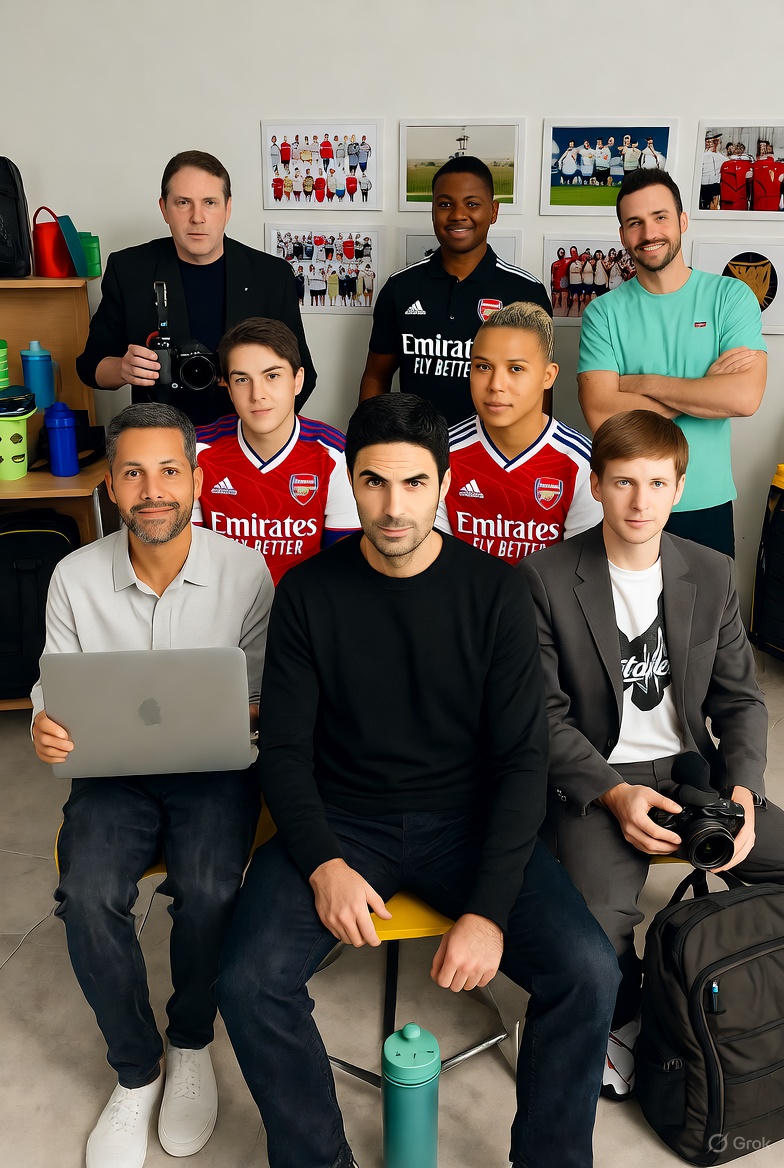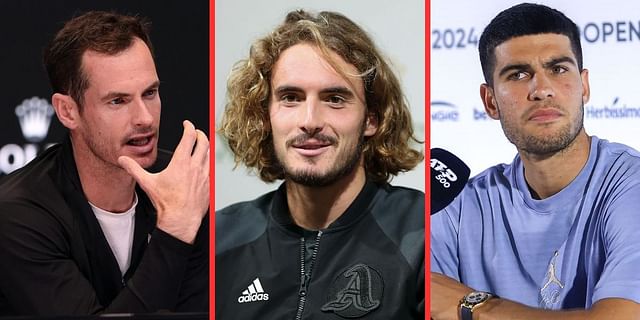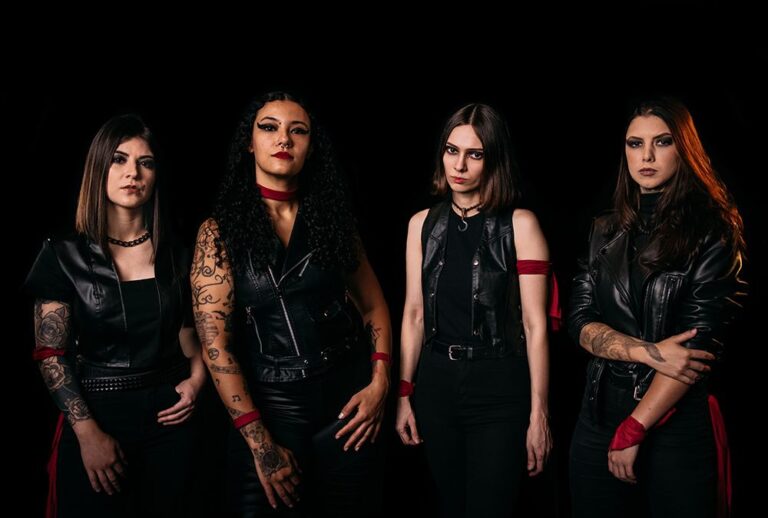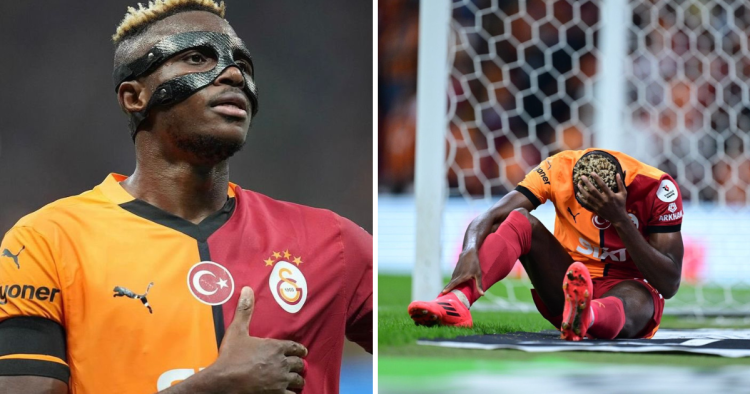Arteta’s Arsenal Era: From Interim Boss to Long-Term Leader. Six Seasons Strong: Mikel Arteta’s Journey Since 2019 – Is He on the Brink of Leaving
Mikel Arteta’s appointment as Arsenal’s head coach on December 20, 2019, felt like a homecoming. A former Gunners captain who had lifted two FA Cups as a player between 2011 and 2016, Arteta returned from Pep Guardiola’s Manchester City coaching staff with a mandate to revive a club adrift. Arsenal languished in 10th place, reeling from Unai Emery’s sacking amid fan unrest and a toxic dressing room. What followed was a transformative six-season odyssey, marked by bold reinvention, near-triumphs, and whispers of an uncertain future.
Arteta’s early days were a trial by fire. Starting as interim boss, he inherited a squad fractured by egos and underperformance. His first match, a 1-1 draw against Bournemouth on Boxing Day, offered glimpses of intent: high pressing, fluid possession—hallmarks of his Guardiola apprenticeship. Yet, the 2019/20 Premier League season ended in eighth place, Arsenal’s worst in 25 years. Critics pounced, but Arteta silenced them in August 2020 by masterminding an FA Cup triumph over Chelsea. Aubameyang’s brace in the final not only ended a 17-year trophy drought but secured Arteta’s permanent role. It was a statement: this was no quick fix, but the dawn of “The Arteta Project.”
The subsequent seasons tested his resolve. 2020/21 brought another eighth-place finish, compounded by a Europa League semifinal exit to Villarreal on penalties. Whispers of doubt grew—Arsenal even explored alternatives like Viktor Gyokeres as a potential striker, signaling contingency planning. Arteta, however, wielded the axe ruthlessly, offloading high-earners like Mesut Özil and Pierre-Emerick Aubameyang to dismantle player power. He instilled a culture of discipline, youth integration, and tactical evolution. By 2021/22, Arsenal surged to fifth, pipping rivals Tottenham for Champions League qualification in a dramatic finale. The Amazon series *All or Nothing: Arsenal* captured his intensity: meticulous training sessions, impassioned locker-room pleas, and a vision of relentless improvement.
The zenith arrived in 2022/23 and 2023/24. Arteta’s young, dynamic side—bolstered by signings like Martin Ødegaard, William Saliba, and Declan Rice—challenged Manchester City’s dominance. They amassed 89 points in 2023/24, shattering club records with 28 league wins, yet fell two points short of the title. Back-to-back runner-up finishes restored Arsenal’s elite status, blending flair with fortitude. Trophies followed too: Community Shields in 2023 and 2024, though Arteta cheekily reminds detractors of these “mini-titles” amid title drought grumbles. By November 2025, into the 2025/26 campaign, Arsenal sit third in the Premier League, semifinals-bound in the Carabao Cup, and third in the Champions League group—a quadruple chase tantalizingly alive.
Yet, as Arteta enters his sixth season, speculation swirls. His contract, extended to 2027 in September 2024, underscores stability, but Barcelona’s siren call—fueled by his Catalan roots and Xavi’s potential exit—lingers. Reports in early 2024 linked him to Camp Nou, though Arteta quashed them: “No plans to leave.” Off-field, his Under Armour ambassadorship and Spanish honors signal growing stature. Fans adore his passion, but pressure mounts: City’s Pep Guardiola shadow looms, and another near-miss could test loyalties.
Arteta’s era has been six seasons strong—a phoenix risen from mid-table ashes. From interim gambit to long-term architect, he’s forged contenders from chaos. Is he on the brink? Unlikely, with silverware in sight. Arsenal’s journey thrives under him; departure now would fracture the dream. The Emirates faithful chant his name, hoping this Basque visionary stays to etch his legacy in red and white.



